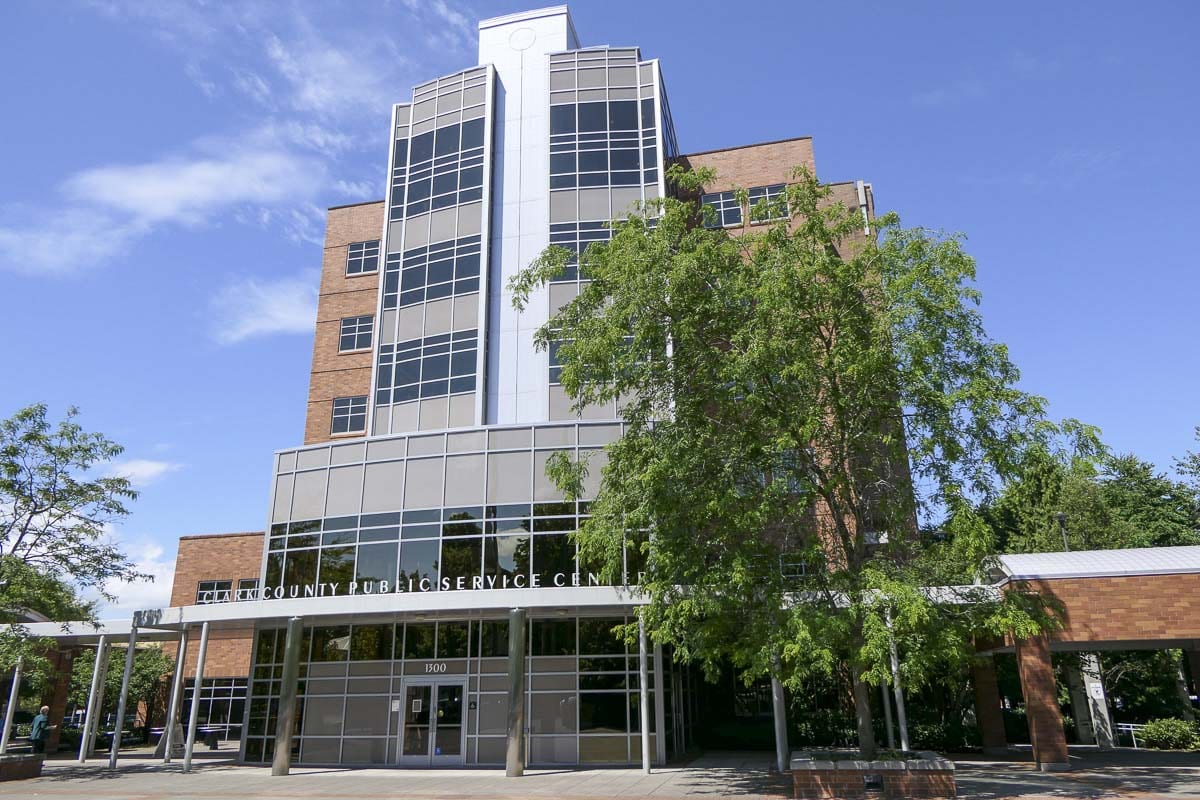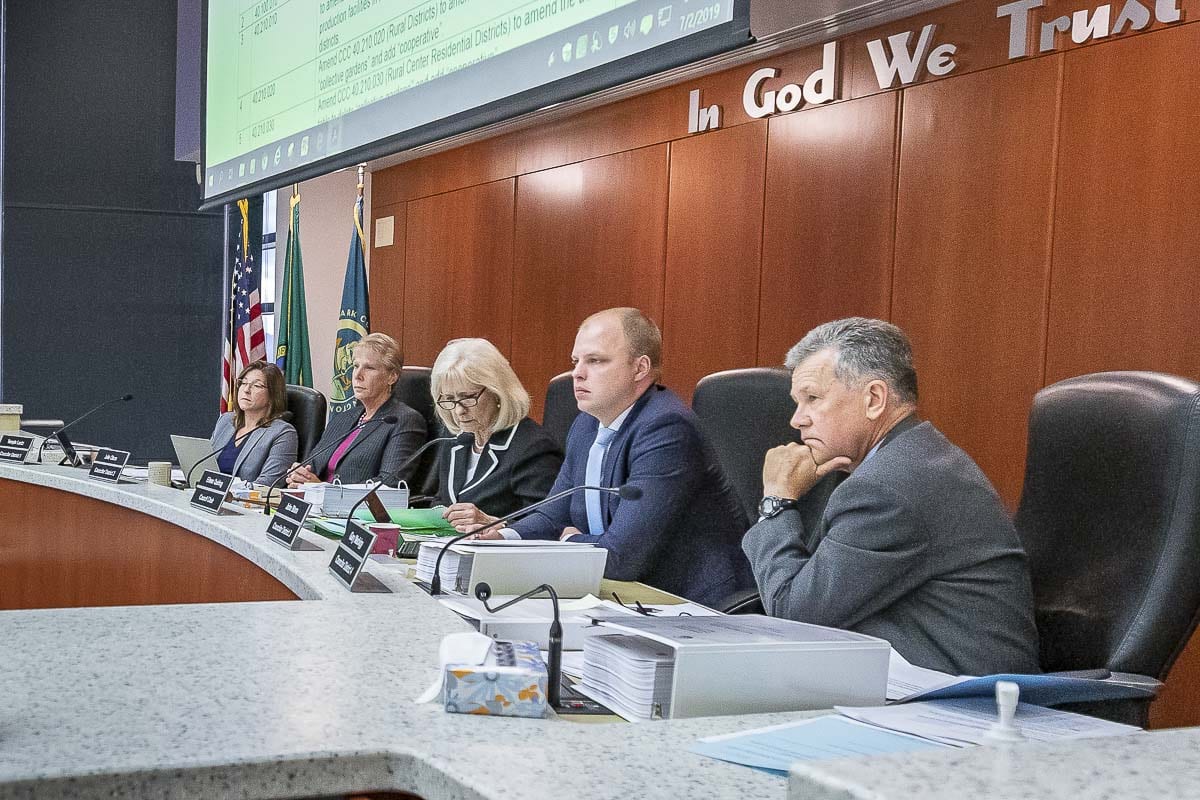Two will be open to the public, and one will be behind closed doors
CLARK COUNTY — After some uncertainty, the members of the Clark County Council have agreed to hold a series of listening sessions, to hear from community members regarding issues of systemic racism.
At Wednesday’s council time meeting, Diana Perez, Washington state director for the League of United Latin American Citizens (LULAC) said the hope was to hold three meetings.

The first would be with representatives from LULAC, the NAACP of Vancouver, as well as the YWCA and other equity-based organizations.
A second session would be open to the public, potentially broadcast through CVTV, and attended by all five council members.
The third would be a closed-door private listening session, though details about how that would work are still being ironed out.
Under the state’s Open Public Meetings Act (OPMA), any meeting attended by a majority of the council must be open to the public. Executive sessions, which are usually reserved for pending litigation or personnel matters, are the only exception.
“I don’t know which provision of the executive session RCW this would fall under,” said Emily Sheldrick, the county’s deputy prosecuting attorney.
In order to comply, the council could have no more than two members at a time involved in the listening session. The city of Vancouver solved the issue by having two closed listening sessions with a minority of council members in attendance, but Clark County Chair Eileen Quiring said she wouldn’t be open to a fourth session in order to allow for two closed meetings.
“I question the efficacy of it,” she said.
Perez responded that they had heard from a number of community members who felt concerned about speaking out publicly.
“It is a barrier to some folks to be speaking out where the whole world can listen,” she said.
Quiring prompted backlash during a June 24 meeting when she stated “I do not agree that we have systemic racism in our county,” while voting against a letter supporting Sheriff Chuck Atkins’ decision to remove Thin Blue Line flag decals from department property.

At Wednesday’s meeting, Quiring again said she had heard from a number of community members who feel afraid to speak out in support of her view on the matter.
“They are fearful of their businesses being damaged, or of their children and their grandchildren being affected by actually speaking out,” she said.
“The door is not closed for others to call in and say exactly what you’re stating, Chair Quiring,” said Perez. “But I think it’s important to hear from the voices that you normally don’t hear from. And by you, I mean the entire county council.”
Councilors Julie Olson and Temple Lentz agreed, saying the goal of these listening sessions is to hear from people with life experiences different from their own.
“The purpose is not to dialogue, not to disagree, not to challenge but just to listen for a little bit,” said Olson.
Lentz added that people who haven’t experienced systemic racism often are unable to grasp its seriousness, or the impact it can have, “and so this is an opportunity to hear from people who have experienced it, to enlighten those who have not. And I think that that’s an important opportunity for us.”
“I’m not talking about it being a debate,” responded Quiring. “I’m talking about hearing from both sides. And I don’t think that it should be accusatory of either side.”
Councilor Gary Medvigy, a retired judge, said he sees value in hearing from people with perspectives from both sides of the issue.
“As we tell jurors who are about to hear evidence, you can hear three or four
different views of the same exact occurrence,” he said. “Each one is telling the truth, from their perspective. Triangulate, to get to where the ultimate truth should lie.”
The council directed staff to further examine potential avenues for all of the council members to listen in to the closed session, or perhaps have a way for them to switch out over the course of the scheduled two hours.
Staff would also take notes, while protecting the identities of the people speaking, which would then be available to the community at large.




